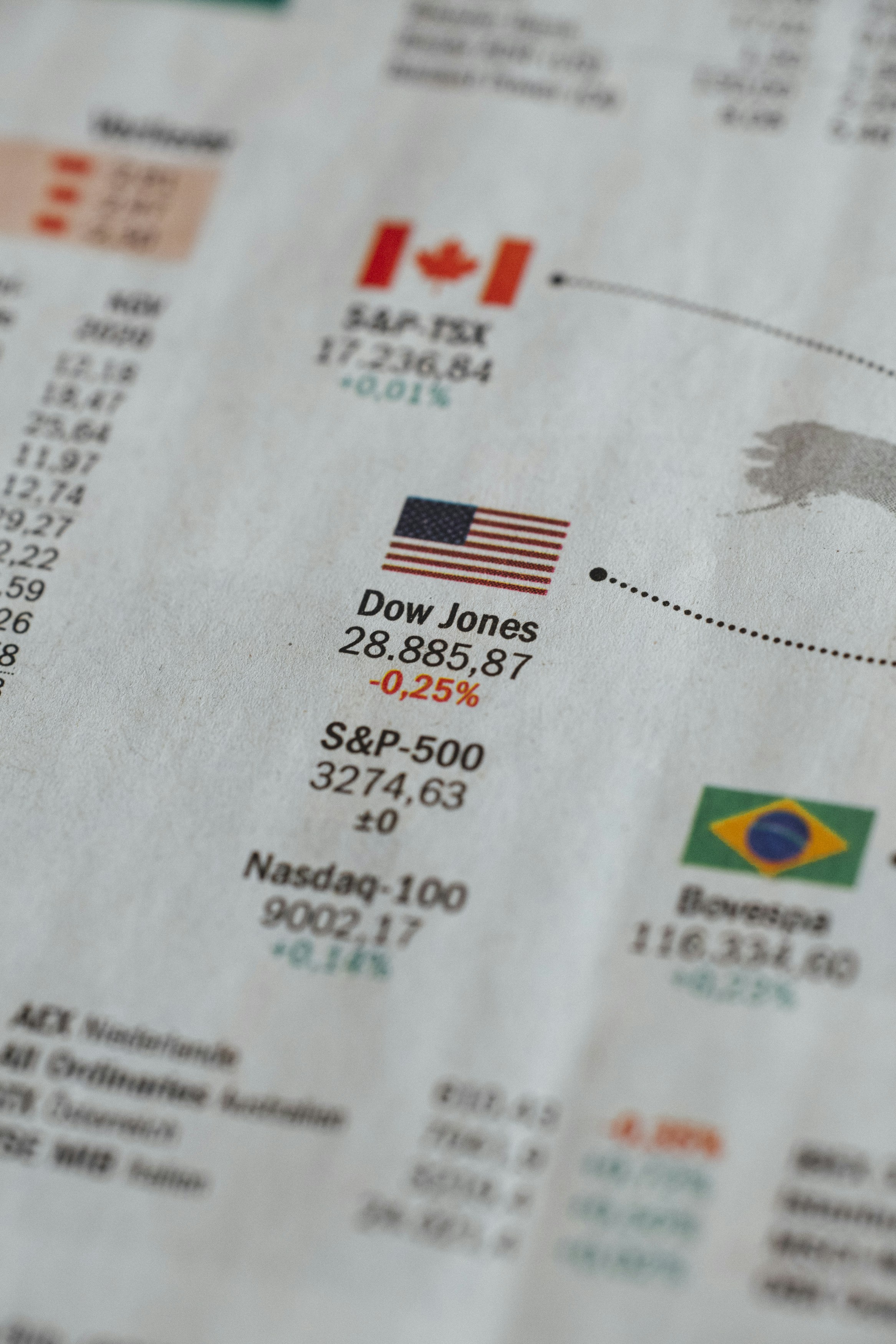
What is Greed?
Greed is often defined as an intense and selfish desire for something, typically wealth, power, or possessions. It emerges from human nature and can drive decisions, actions, and even relationships. While a certain amount of ambition is valued in society, when it turns into greed, the pursuit can lead to negative consequences.
The Impacts of Greed
The effects of greed can be far-reaching, touching every aspect of life. In a personal context, individuals driven by greed may prioritize wealth over family, leading to broken relationships. In a business setting, greed can result in unethical practices, with profits being placed above social responsibility, ultimately harming communities and ecosystems. Furthermore, greed can perpetuate cycles of inequality, where the rich get richer at the expense of the poor.
Lessons Learned from Greed
Considering the impact of greed teaches valuable lessons. It highlights the importance of balance—between ambition and ethical conduct. Searching for wealth is not inherently wrong, but the methods chosen matter significantly. Cultivating gratitude and focusing on sharing can provide a counterbalance to the destructive nature of greed. By fostering a mindset of contentment, individuals can promote harmony in their lives and communities.
Discover more from Techtales
Subscribe to get the latest posts sent to your email.